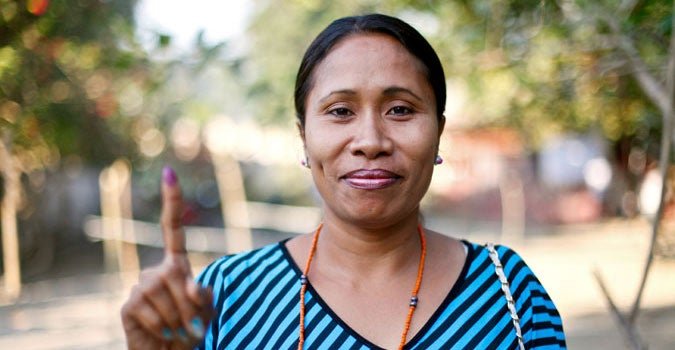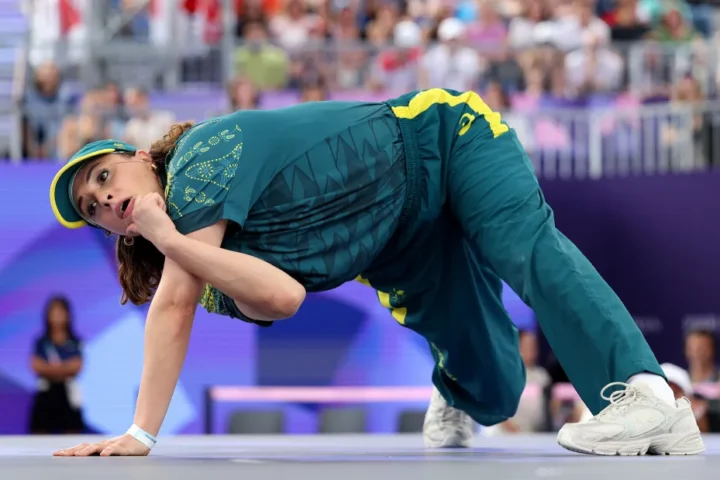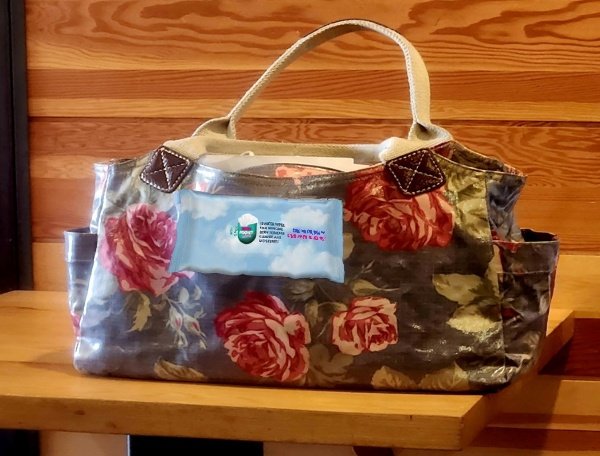UN Women’s Comprehensive Approach to Overcoming Barriers and Empowering Women Globally
From local councils to the global stage, women’s leadership and political participation remain significantly restricted. Despite their proven capabilities as leaders and catalysts for change, women continue to be underrepresented in voting booths, elected offices, civil service roles, private sector leadership, and academia. This underrepresentation persists despite their right to participate equally in democratic governance.
The Barriers Women Face
Women face numerous obstacles in political life. Structural barriers, such as discriminatory laws and institutional practices, limit their opportunities to run for office. Furthermore, women often experience capacity gaps that make it less likely for them to have the education, contacts, and resources needed to become effective leaders. The 2011 UN General Assembly resolution on women’s political participation highlights that women worldwide are marginalized in the political sphere due to discriminatory laws, practices, attitudes, gender stereotypes, low education levels, lack of access to healthcare, and the disproportionate impact of poverty on women.
Overcoming the Obstacles
Despite these challenges, individual women have achieved significant acclaim and contributed greatly to societal progress. However, to level the playing field for all women, systemic changes are necessary. UN Women’s programs on leadership and participation are informed by a legacy of international commitments to women’s representation. The Convention on the Elimination of All Forms of Discrimination Against Women (CEDAW) upholds women’s right to participate in public life, while the Beijing Platform for Action calls for the removal of barriers to equal participation. The Millennium Development Goals also measure progress towards gender equality by the proportion of women in parliamentary seats.
UN Women’s Solutions
UN Women implements several initiatives to enhance women’s political participation and leadership:
- Capacity Building: Providing training for women political candidates to help them build their skills and capacities.
- Education and Sensitization: Conducting voter and civic education campaigns to raise awareness about gender equality.
- Advocacy Support: Supporting gender equality advocates in urging political parties, governments, and other entities to empower women.
- Youth Engagement: Encouraging young men and women to advocate for integrating gender equality measures into public policymaking.
Legislative and Constitutional Reforms
UN Women advocates for legislative and constitutional reforms to ensure women’s fair access to political spheres as voters, candidates, elected officials, and civil service members. Collaborating with UN country teams and civil society organizations, UN Women works to ensure that elections uphold women’s rights, including their right to vote and campaign free from electoral violence.
Moving Forward
For women to participate equally in democratic governance, it is essential to address and dismantle the structural barriers that restrict their opportunities. By providing training, education, and advocacy support, UN Women plays a crucial role in elevating women’s leadership and political participation globally. Empowering women to overcome these obstacles not only benefits them but also contributes to the betterment of society as a whole.
As we continue to strive for gender equality, it is imperative that we create a level playing field, ensuring that all women have the opportunity to lead and participate in political life. This comprehensive approach is essential for achieving true democratic governance and fostering a more equitable and just world.










